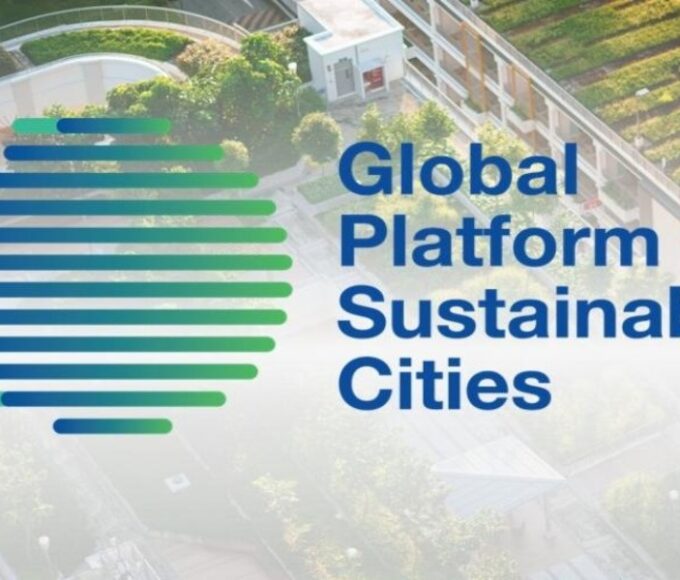Drug Pricing Reform and Transparency: A Step Toward Affordable Healthcare

The rising cost of prescription drugs has sparked widespread debate, making drug pricing reform and transparency critical topics in global healthcare.
As millions of people struggle to afford essential medications, governments, healthcare organizations, and advocacy groups are pushing for policies that ensure fair pricing and improved access to life-saving treatments.
The Problem with Current Drug Pricing
Prescription drug prices have escalated dramatically, often outpacing inflation. These high costs create barriers for patients, particularly those with chronic illnesses or limited financial resources. The lack of transparency in how drug prices are set exacerbates the issue, as patients, payers, and even healthcare providers remain in the dark about the true costs of manufacturing, distribution, and research and development.
Why Transparency Matters
Transparency in drug pricing is a cornerstone of reform. By making pricing mechanisms and cost structures publicly accessible, stakeholders can identify and address inefficiencies, excessive markups, and profiteering practices. Transparency empowers governments to negotiate better prices, encourages competition, and helps consumers make informed decisions about their healthcare.
Efforts Toward Reform
Countries worldwide are implementing measures to address high drug prices:
- Negotiation Rights: In the U.S., recent legislation allows Medicare to negotiate prices for select drugs, a significant step in reducing costs for seniors.
- Price Controls: Nations like Canada and the United Kingdom cap drug prices based on economic benchmarks, ensuring medications remain affordable.
- Generic and Biosimilar Promotion: Encouraging the production of generic drugs and biosimilars offers cost-effective alternatives to expensive brand-name medications.
- Public Disclosure Laws: Some regions mandate pharmaceutical companies to disclose research, marketing, and production costs to justify pricing.
Challenges and Opportunities
While progress is being made, challenges persist. Pharmaceutical companies argue that price caps could hinder innovation and limit funding for research. Balancing affordability with the need to incentivize drug development remains a delicate task. Collaborative solutions involving governments, pharmaceutical companies, and global health organizations are essential to overcome these hurdles.
Global Leaders View
Drug pricing reform and transparency are vital for a more equitable healthcare system. By addressing inflated costs and fostering accountability, nations can ensure that no one is denied essential medicines due to financial constraints. With continued advocacy and innovative policy-making, affordable healthcare can become a reality for all.
Visit Latest Interviews
Recent Posts
Related Articles
Why You Should Think About Your Domain Extension Before You Think About The Name?
Think of your domain extension like a surname—it wraps up your web...
ByGlobal Leaders ViewAugust 19, 2025Germany’s ‘Energiewende’ Initiative: A Vision for a Sustainable Future
Germany’s ambitious energy transition, known as the Energiewende, aims to shift the...
ByGlobal Leaders ViewJanuary 27, 2025Global Platform on Sustainable Cities Established
In a groundbreaking move toward addressing the challenges of urbanization and climate...
ByGlobal Leaders ViewJanuary 27, 2025Singapore’s Green Urbanism Initiatives
Singapore, known for its modern skyline and bustling urban environment, is also...
ByGlobal Leaders ViewJanuary 27, 2025















Leave a comment